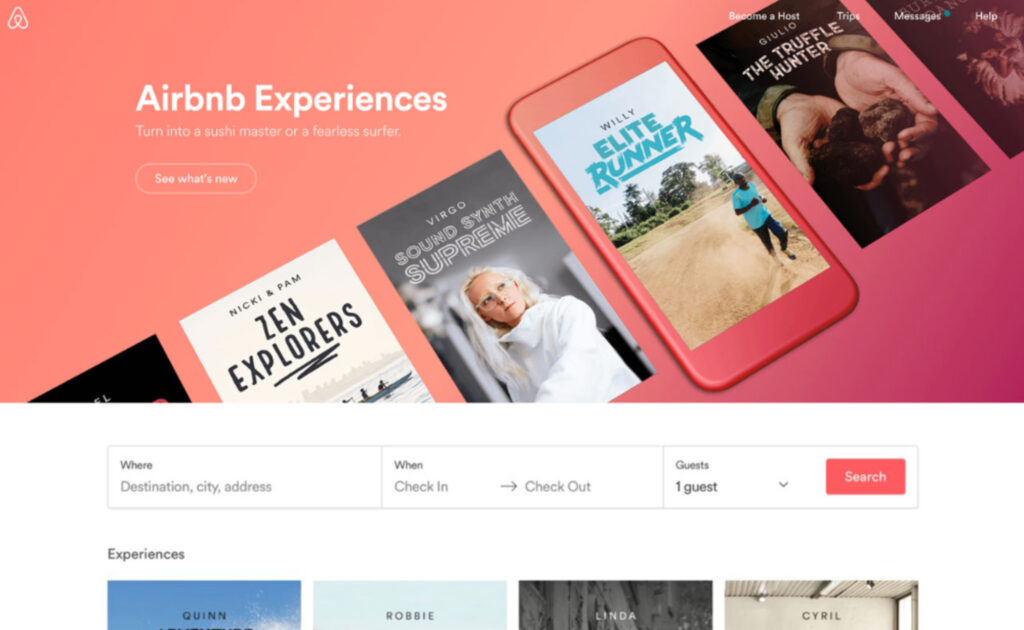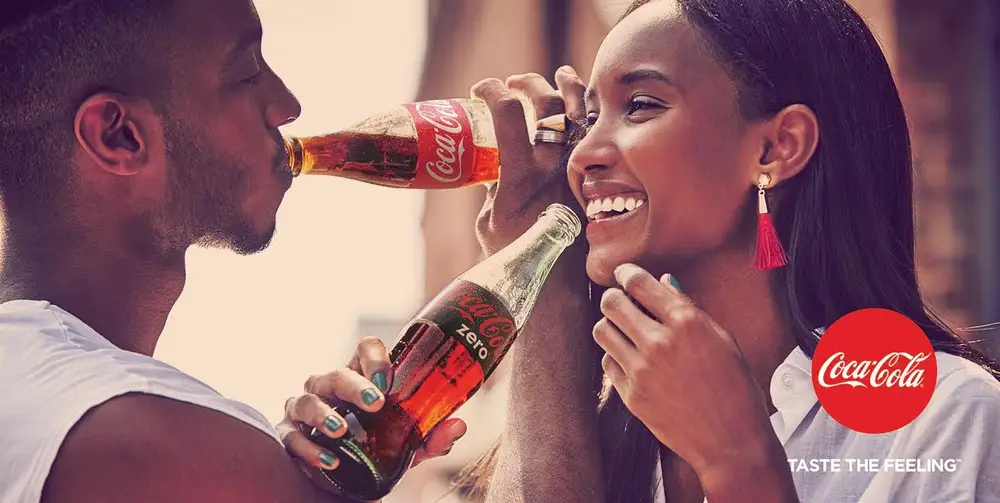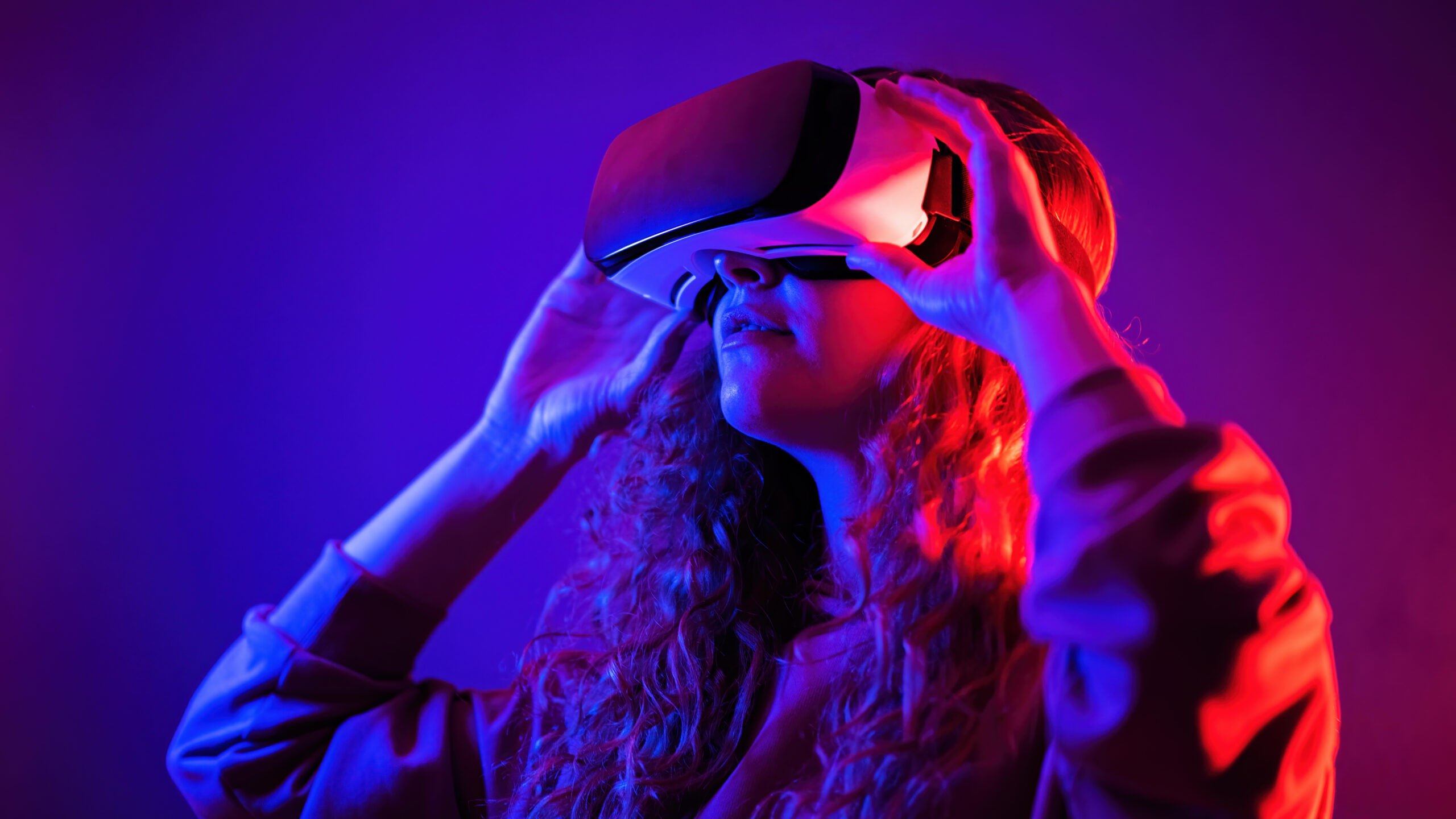Today, as the business landscape evolves at a rapid pace, success is no longer confined to the quality of our products or the range of services we offer. The game has changed. Material possessions and transactional relationships, once considered the bedrock of consumer loyalty, have taken a back seat. A new era has emerged—one that places brand experience at the forefront of success. Companies like Airbnb, Grab, and social media platforms have not only thrived but risen to prominence by embracing this transformative approach. They have understood, with great insight, the shifting needs, and desires of their target audiences. Now, here is the burning question: What is the true driving force behind forging lasting customer relationships, cultivating unwavering loyalty, and outshining competitors in this era of brand experience? Let us embark on a journey to uncover the answer.
From Possessions to Experiences
Millennials, the driving force behind this paradigm shift, have reshaped the consumer landscape with their preference for experiential spending. Recent studies reveal that 72% of millennials prioritise experiences over material possessions. This dramatic shift has paved the way for companies like Airbnb to redefine the very essence of travel and hospitality.

Source: makethechange.sg
Airbnb, a purpose-centric business, has harnessed the power of brand experience with tremendous success. By offering unique local experiences, Airbnb has become the go-to platform for travellers seeking authenticity and a sense of belonging. The company’s visionary concept of “belong anywhere” has struck a chord with millennials, who yearn for immersive travel experiences beyond the confines of traditional accommodations.
Unlike traditional hospitality providers that merely offer rooms, Airbnb has curated a remarkable collection of local experiences through its Airbnb Experiences feature. Travellers can now engage in activities and tours hosted by knowledgeable locals, enabling them to truly immerse themselves in the destinations they visit. By prioritising brand experience over mere product ownership, Airbnb has unlocked the secret to captivating the hearts and minds of its customers.
With the rise of experiences over possessions, businesses must recognise the immense value in creating memorable brand experiences. It is no longer enough to sell products or services; companies must strive to provide unique, immersive encounters that leave a lasting impact on their customers. By understanding and tapping into the desires of the modern consumer, brands can position themselves as more than just providers of goods—they become facilitators of unforgettable experiences that resonate deeply with their target audience.
Through their commitment to fostering brand experiences, companies like Airbnb have not only succeeded in attracting customers but have also cultivated a loyal following that advocates for their brand. This shift in focus from products to experiences represents a fundamental change in how businesses approach marketing and customer engagement. It is a shift that sets forward-thinking brands apart from their competitors.
Immersive Brand Interaction Experiences in Online Shopping
The paradigm shift towards brand experience extends far beyond travel and hospitality. In the generation of e-commerce, online shopping has evolved into something more profound—a brand interaction experience. Gen Z, the digital natives, views online shopping not as a series of transactions but as an opportunity for immersive engagement.
Statistics show that a staggering 83% of Gen Z consider online shopping as more than a simple exchange of goods. These discerning consumers seek brands that offer immersive experiences and meaningful connections. To excel in this landscape, companies must go beyond the transactional nature of e-commerce and embrace innovative approaches that immerse customers in their brand stories.
De’Longhi, a global coffee authority has achieved this. Recognising the desire for personalised and interactive shopping experiences, De’Longhi leveraged augmented reality (AR) technology to enhance the customer journey. By launching an AR filter on popular social media platforms like Facebook and Instagram, De’Longhi enabled users to visualise how their coffee machines seamlessly fit into their homes. This interactive feature empowered customers to explore various customisation options, enabling them to express their unique styles.
Source: thisisloki.com
Furthermore, De’Longhi introduced the Virtual Coffee Lounge, a captivating online space that acquaints coffee lovers with the brand’s signature bean-to-cup journey. By immersing customers in the world of coffee, De’Longhi has elevated the brand experience, captivating the hearts of coffee lovers worldwide. The result is a compelling narrative around its products, setting itself apart from competitors.
The success of De’Longhi’s approach highlights the importance of engaging customers through interactive and immersive experiences. By leveraging technologies like AR, virtual reality (VR), or even gamification, brands can transform the online shopping journey into a captivating and memorable experience. Whether it is allowing customers to virtually try on products, providing interactive product demonstrations, or creating virtual spaces that showcase the brand’s values and lifestyle, the possibilities for immersive brand interaction experiences are endless.
Building Lasting Relationships: Conversations and Relatability
In the ever-evolving landscape of brand-consumer relationships, it has become clear that establishing meaningful connections goes beyond mere transactions. Customers today seek brands that engage them in authentic conversations, create relatability, and provide value beyond the products or services they offer. The journey from initial contact to conversion is no longer a linear path but a dynamic interaction that requires a conversation-first approach.
To illustrate the power of conversations and relatability, let’s examine the strategies of two iconic brands—Coca-Cola and Nike.
Coca-Cola, a global beverage giant, exemplifies the power of storytelling and emotional connections in creating a strong brand experience. Through its iconic advertising campaigns such as “Open Happiness” and “Taste the Feeling”, Coca-Cola has successfully transformed their brand from a simple beverage into an emblem of happiness and celebration. Its approach teaches us that building a brand experience requires going beyond product features and benefits; it requires tapping into the emotional core of the audience.

Source: businessinsider.com
Nike, the renowned athletic apparel and footwear company, has built an empire by prioritising conversations and community engagement. Through its digital platforms, Nike has created a vibrant ecosystem that encourages dialogue, user-generated content, and shared experiences centred around sports and fitness. By championing athletes and everyday individuals alike, Nike has created a brand experience that inspires and motivates consumers to push their limits and embrace an active lifestyle. Nike has successfully built a community of loyal customers who not only endorse the brand but actively participate in its ongoing narrative. Nike’s approach teaches us that building a brand experience requires fostering a sense of community and empowering customers to be part of something greater than themselves.
Nike’s Find Your Greatness Campaign, released during the 2012 London Olympics encouraging encourages individuals to push their limits, overcome obstacles, and achieve greatness
These examples highlight the importance of establishing conversations and relatability as a foundation for long-term relationships. Brands must embrace the notion of being relatable, sharing their values and stories without any hidden agenda. When customers feel heard, understood, and valued, they become not just consumers but brand ambassadors who eagerly share their positive experiences with others. The dynamic nature of brand-consumer relationships calls for a shift in mindset among marketers. It is no longer enough to focus solely on driving immediate conversions; the real focus must be on cultivating conversations and building relationships that transcend individual transactions. By fostering genuine connections, brands can unlock the true potential of customer loyalty, advocacy, and long-term success.
Brand Experience: The Driving Force Behind Tomorrow’s Success
In today’s fast-paced and hyperconnected world, the importance of brand experience cannot be overstated. The paradigm shift towards prioritising experiences over possessions has transformed the way businesses engage with their customers. Companies like Airbnb and De’Longhi have embraced this shift, leveraging innovative approaches to create immersive brand experiences that captivate their audiences.
Marketers and branding professionals must recognise that brand experience is no longer an afterthought; it is the key to success in a competitive marketplace. By immersing customers in unique, authentic, and purpose-driven experiences, businesses can forge lasting relationships, foster loyalty, and outshine competitors.
As the world continues to evolve, the demand for exceptional brand experiences will only intensify. It is crucial for brands to embrace this transformative shift and re-evaluate their strategies. By placing brand experience at the core of their marketing efforts, businesses can navigate the changing landscape with confidence, captivating audiences, and securing long-term success.
The time to focus on brand experience is now. Embrace the power of immersive interactions, establish meaningful conversations, and watch your brand flourish in the hearts and minds of consumers. As the saying goes, “Products may come and go, but experiences leave a lasting impression.” It’s time to unleash the full potential of brand experience and revolutionise the way we engage with our customers.




